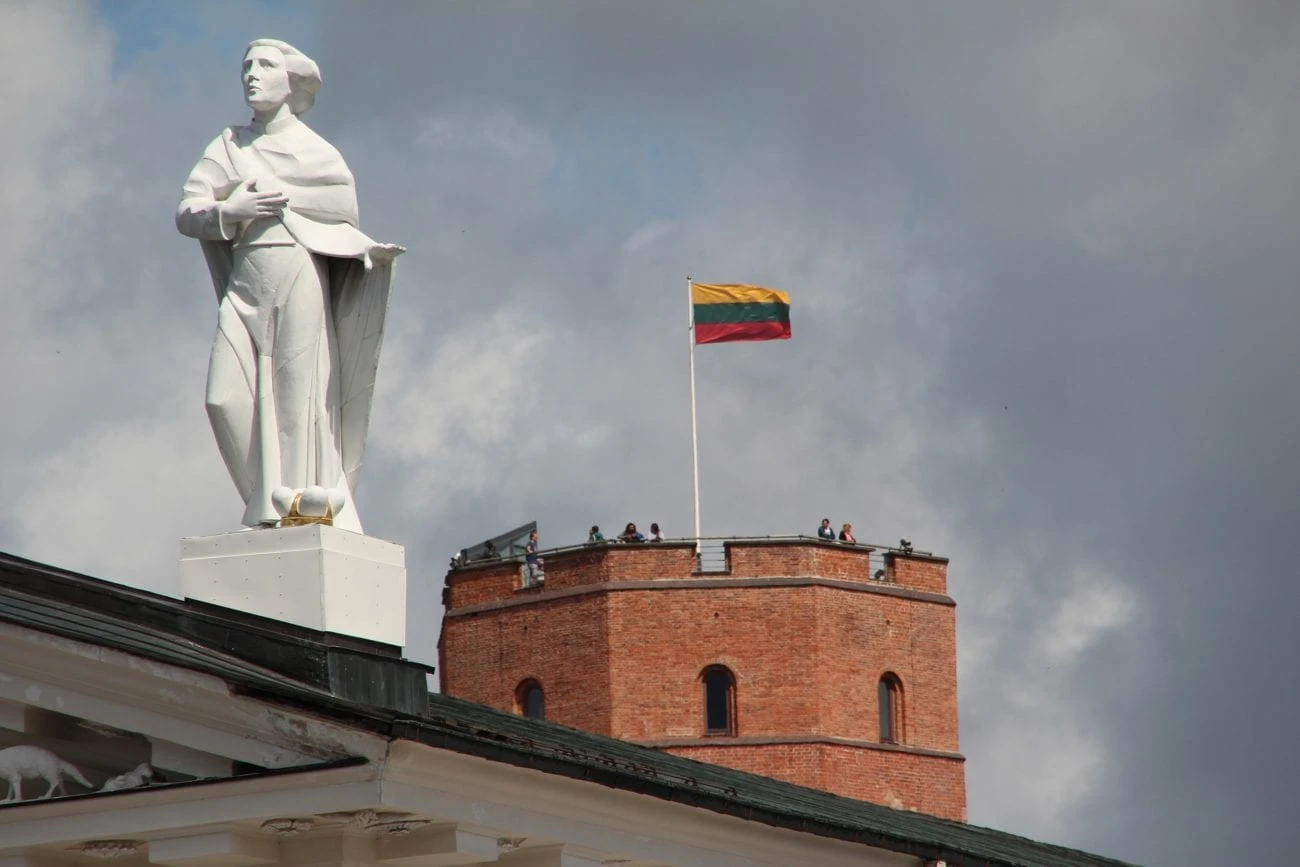Lithuania regulator warns poker schools after legal case

Lithuania’s Gambling Authority has warned those organising poker training schemes after courts in the country dismissed a case filed by a poker school on the grounds that it required a player to play on illegal sites.
Four plaintiffs, who organise a poker school, sued a defendant, a former customer, for €15,771, claiming they had entered into a contract in which the defendant would play online poker at increasingly difficult levels.
The quartet would fund the player's activity, and the individual was to then share 60% of their profits with the plaintiffs, retaining the remaining 40%.
However, as online poker is not regulated in Lithuania, the player had to generate these profits by gambling on unlicensed sites.
The organisers of the training system tried to end the contract after the defendant lost around €28,000 and sued for a refund of €15,771 in the Vilnius District Court. However, the court dismissed the case, as the contract was based around illegal activity.
“According to the court, the plaintiffs were aware that the defendant was involved in illegal gambling, thus violating not only the provisions of the Law on Gambling of the Republic of Lithuania, but also the Law on the Prevention of Money Laundering and Terrorist Financing of the Republic of Lithuania,” the Gambling Authority explained.
“Consequently, the applicants are not entitled to compensation for their losses from the illegal activities.”
The regulator then noted that if players wish to legally practice their poker skills, they may do so only while playing for fun, rather than for money or online.
The decision may still be appealed to the Vilnius Regional Court.
